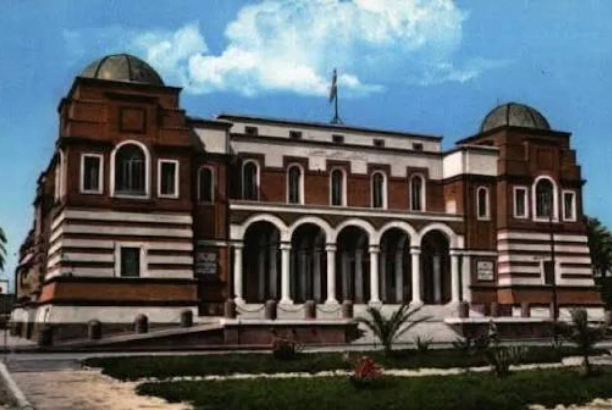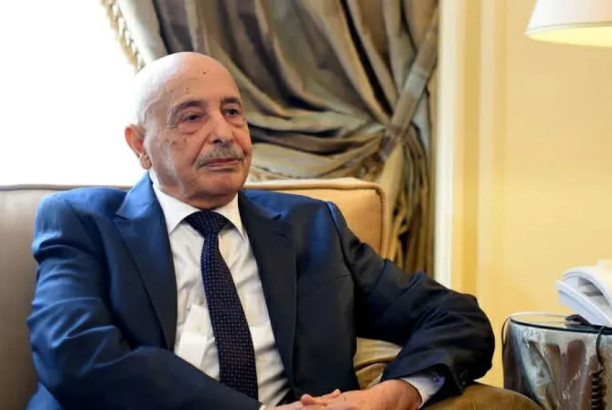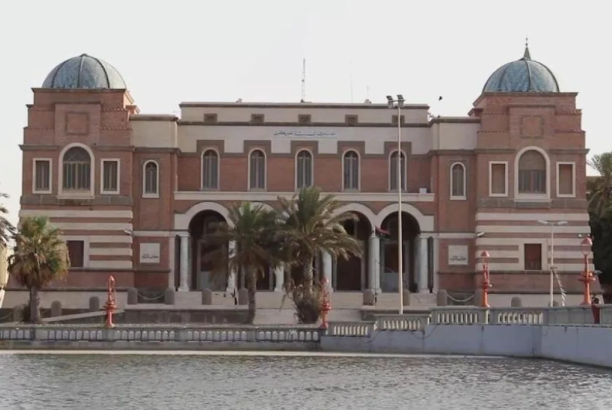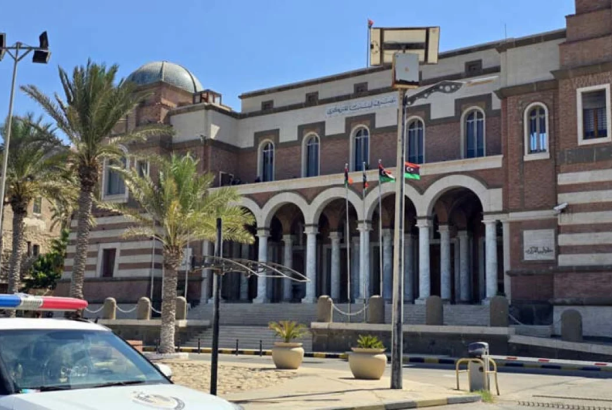
| News
Exclusive: Al-Kanouni Comments on Correspondence Among Experts Regarding Libya’s Public Financial Challenges
The financial and economic expert, Sameh Al-Kanouni, spoke exclusively to our source about correspondence among experts regarding Libya’s public financial challenges. He stated, “This is entirely accurate and 100% true.”
He added: “I am not pessimistic, but when I see several global oil companies changing their names to energy companies, it raises concerns about the future of oil. These companies are shifting to renewable energy, such as wind and solar power. In 20 years, oil might become marginal, with limited demand confined to industries using heavy oil. Meanwhile, electric cars, phones, and Tesla products, for instance, are powered by renewable energy sources like solar.”
He continued: “We must reduce spending and shift toward investment. I hope recommendations and plans are included when discussing these issues. When addressing a challenge, alternatives should be presented. One key step is encouraging the Investment Authority, reforming the investment law, and transforming it into a Ministry of Promotion and Investment, granting it the authority and strength to attract investors to Libya.”
Al-Kanouni also highlighted the need to revise and update some economic laws to align with the country’s current situation, amend certain Central Bank of Libya regulations, and establish sovereign and investment funds to promote domestic investment. He called for the activation of the stock market and support for local industries in Libya.
He further stated: “Libya’s deteriorating economic conditions are shared by other nations, such as Tunisia, Italy, Turkey, and Egypt.”
He concluded: “I wish these recommendations had been issued years ago. However, it was a courageous step by the meeting participants to convene and provide indicators to decision-makers across all sectors. They proposed measures for spending control and standards. The state must prioritize essential goods for citizens and activate the municipal guard to regulate prices and balance the Libyan market.”





